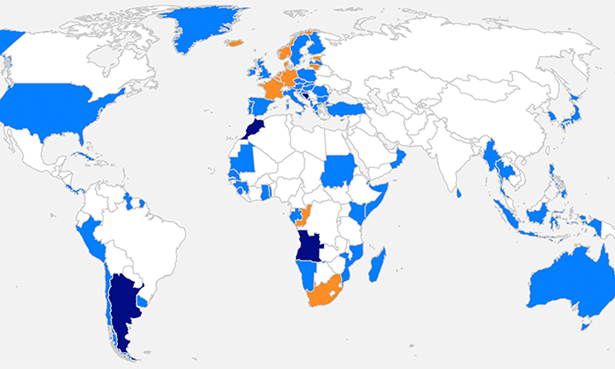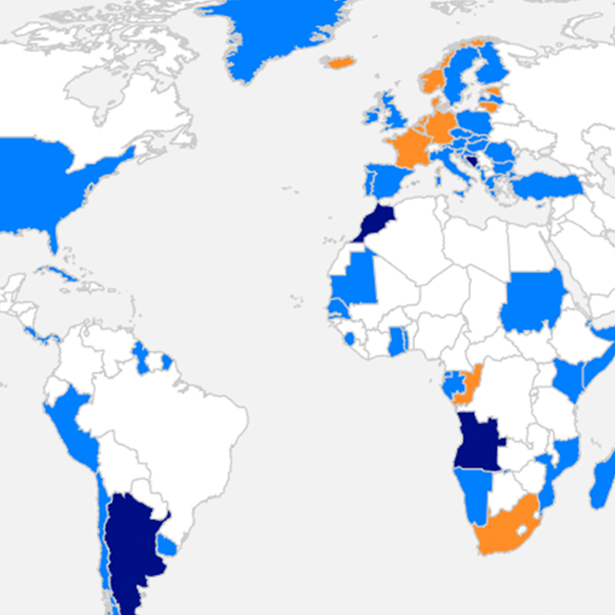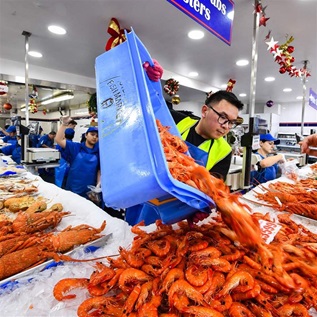Minimum Safety Standards Needed for Fishing Vessel Crews and Observers
Ratification of Cape Town Agreement would improve working and living conditions at sea
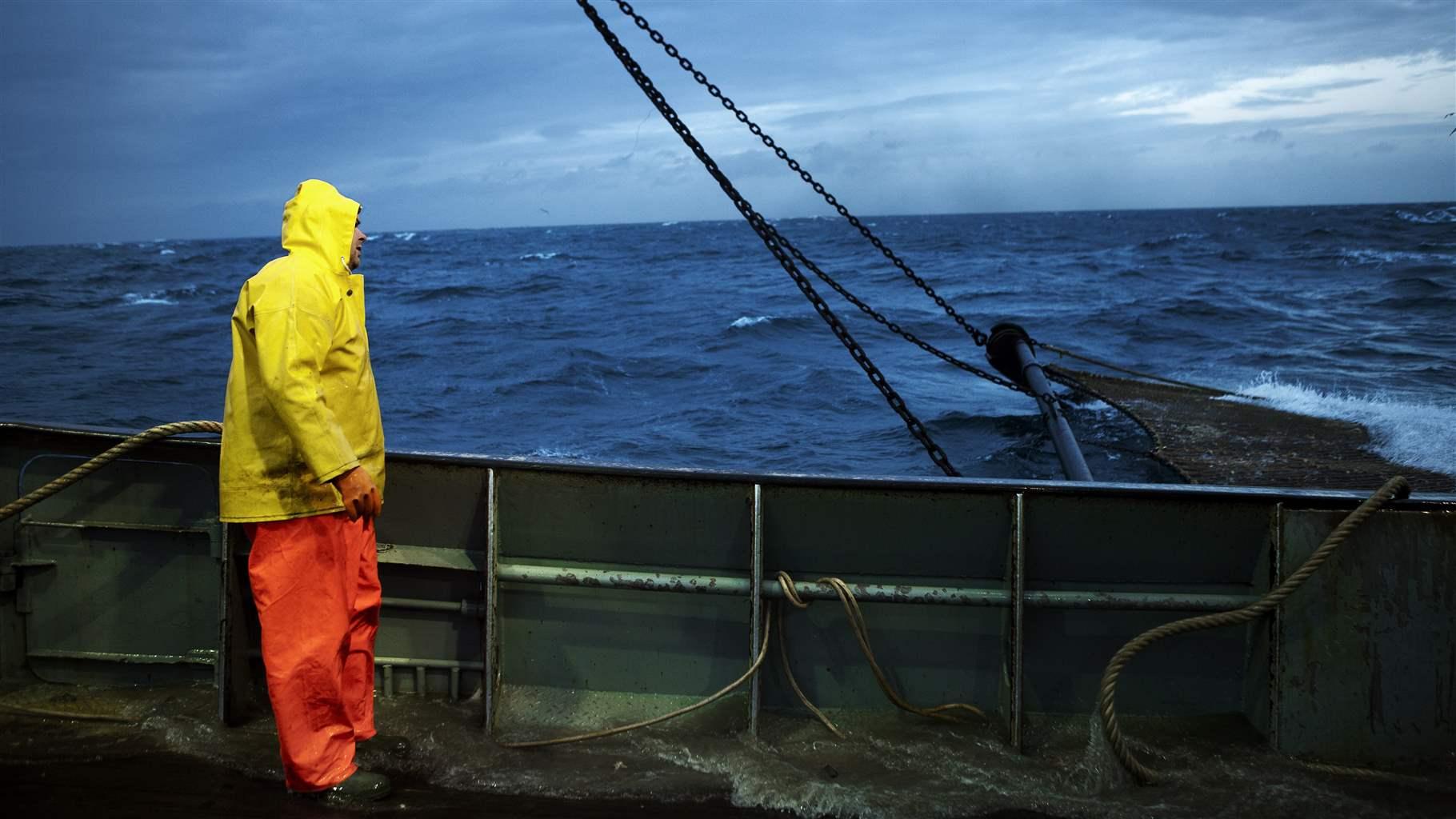
Editor’s note: This analysis was updated on Nov. 6, 2020, to reflect that 14 parties have ratified the Cape Town Agreement.
Fishing is one of the world’s most dangerous professions. According to one estimate in the United States, under normal circumstances, commercial fishing crews and observers face a death rate 10 times higher than merchant vessel crews, largely due to inadequate safety measures on fishing vessels.
This year, COVID-19 has further affected the safety and well-being of fishers at sea, preventing some from returning to their home countries and extending the time at sea for many. Fishers have found themselves stranded abroad with little or no protections, and some have been forced to remain on substandard, unsafe vessels. Although this year is atypical, the dangers fishers face are persistent, and the current pandemic highlights the pressing need to improve working and safety conditions on-board fishing vessels.
The United Nations Food and Agriculture Organization (FAO), the International Maritime Organization (IMO), and the International Labour Organization (ILO) have long acknowledged the link between vessel working, living, and safety conditions and incidents of illegal, unreported, and unregulated (IUU) fishing, which often happens during long periods at sea, well out of sight of land, or in remote or dangerous locations. Preventing IUU fishing worldwide is critical to protecting the marine environment, ensuring a level playing field for law-abiding fishers, and safeguarding food security, especially in coastal communities that rely on healthy fisheries. Further, those operating illegal vessels typically have little regard for crew safety.
That is why it is critical that all governments ratify and implement international agreements to strengthen safety measures to improve the governance and oversight of those who work on the ocean. Doing this would help detect and stop illegal fishing, enabling coastal and port States to carry out coordinated safety inspections that may identify the need for further fisheries and labor investigation. Doing this will help ensure transparency of fishing and crew activity and help improve flag State accountability.
Oversight of fishing crew safety is the responsibility of flag States—the countries to which ships are registered. This is true regardless of where the boat is operating, and is particularly important when vessels are on the high seas, beyond the jurisdiction of any other State’s laws and regulations.
Fortunately, two international agreements provide for global minimum standards for fishing vessel safety and working conditions. Flag States must implement the ILO Work in Fishing Convention (C188), which sets minimum requirements for work at sea including conditions of service, accommodation and food, crew safety and health, and medical care. The 2012 Cape Town Agreement (CTA), which has been adopted by the IMO but is not yet in force, establishes minimum requirements on design, construction, and safety equipment for fishing vessels 24 meters in length and over.
The Cape Town Agreement is critical to fisher safety
Last October, the IMO hosted a Ministerial Conference on Fishing Vessel Safety and Illegal, Unreported, and Unregulated Fishing in Torremolinos, Spain, to highlight the CTA as a crucial tool for States to improve safety, working, and living conditions of fishers and observers, and through that help to tackle IUU fishing. At the Conference, the Cook Islands and São Tomé and Príncipe formally ratified the CTA and 48 States signed a declaration committing to take action to ensure the criteria for the agreement to enter into force—22 parties and 3,600 eligible vessels—are met by 2022. That year would mark the 10-year anniversary of the IMO’s adoption of the agreement. Since the Conference, Finland has ratified the CTA, bringing the number of ratifying parties to 14, and three additional States have signed on to the declaration.
Next month, Latin American and Caribbean countries will be participating in a virtual regional conference to discuss taking the Ministerial Declaration forward. It is vital that these States follow up on their commitment and ensure the ratification threshold is met so that the agreement can take effect in 2023. Should all current signatories ratify, the CTA would have 52 Parties covering approximately 5,200 vessels.
Fishers are considered essential workers but have far more limited oversight of their working conditions and safety than do workers ashore. Although not a panacea, flag States’ fulfillment of their responsibilities for their vessels can directly improve working conditions and safety. Standardizing minimum requirements for vessel construction and establishing necessary regulations for safety equipment, communications channels, and fishing gear protects crews and observers, will help maintain food security worldwide, and level the playing field for fishing operators.
Responsible oversight of fishing fleets is crucial for healthy marine ecosystems—among other things it can limit pollution, overfishing, and IUU fishing—and for the safety of those who live and work on-board. Whether in a global crisis such as a pandemic or under normal conditions, fishing remains one of the most dangerous occupations in the world. That’s why countries should ratify the CTA without delay and take a major step towards safer conditions for fishing crews worldwide.
Peter Horn is a project director and Tahiana Fajardo Vargas is a senior associate with The Pew Charitable Trusts’ international fisheries team.


America’s Overdose Crisis
Sign up for our five-email course explaining the overdose crisis in America, the state of treatment access, and ways to improve care
Sign up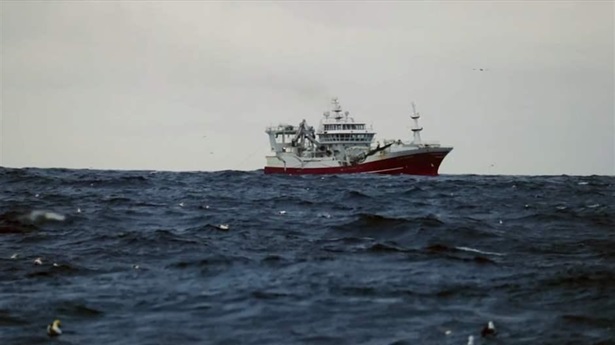
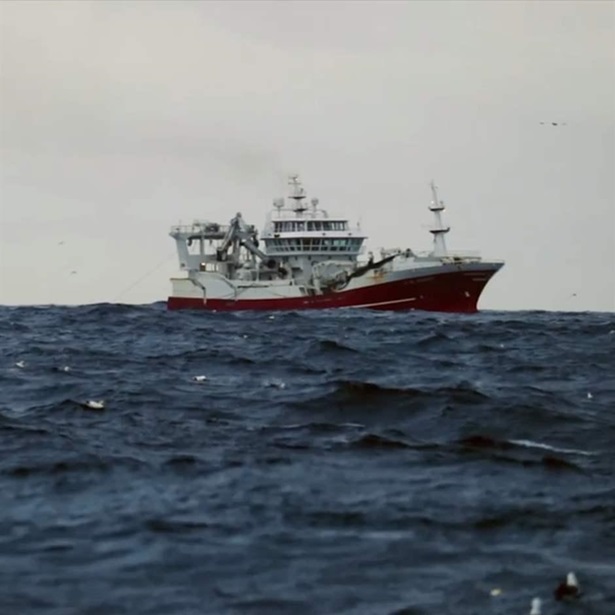
Safe Seas
Solving substandard working conditions and poor safety standards
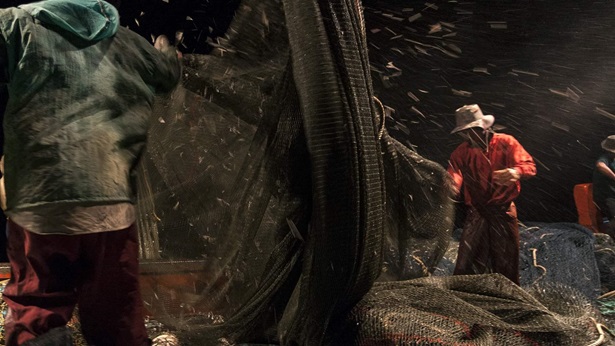
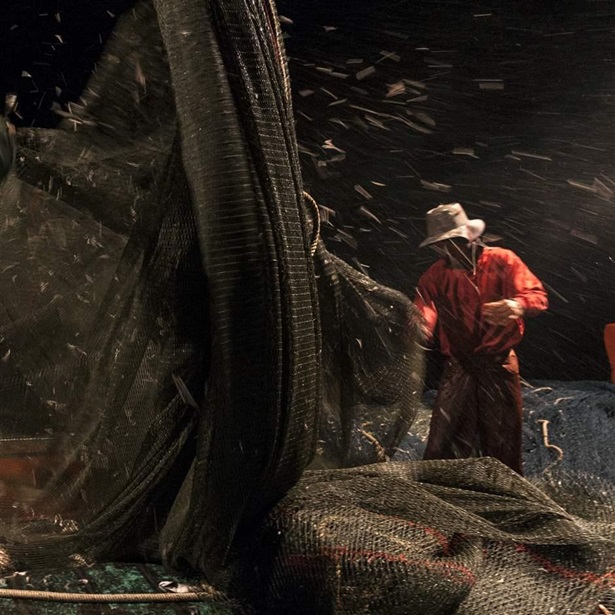
The Cape Town Agreement Explained
